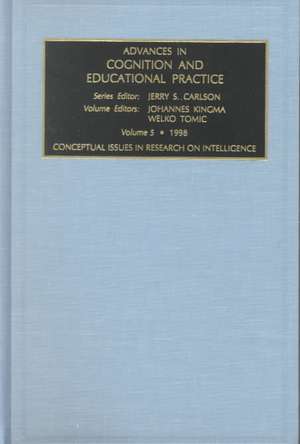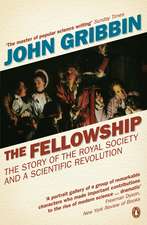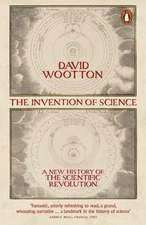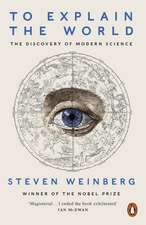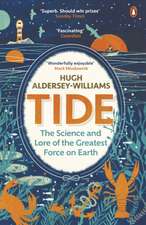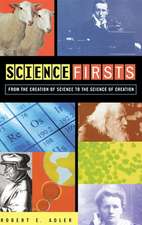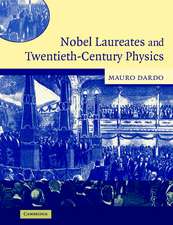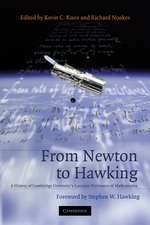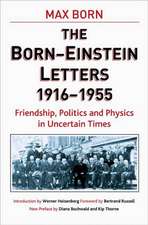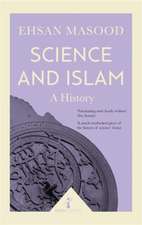Conceptual Issues in Research on Intelligence
Autor Jerry S. Carlson, Welko Tomic, Johannes Kingmaen Limba Engleză Hardback – iul 1998
This volume concentrates on a few points of special importance, that is, the changeability of intelligence and its relation to cognition. Most of the chapters in this work are original contributions to the field and were specially commissioned for this particular volume.
Preț: 948.01 lei
Preț vechi: 1231.19 lei
-23% Nou
Puncte Express: 1422
Preț estimativ în valută:
181.41€ • 193.98$ • 151.25£
181.41€ • 193.98$ • 151.25£
Carte tipărită la comandă
Livrare economică 18 aprilie-02 mai
Preluare comenzi: 021 569.72.76
Specificații
ISBN-13: 9780762304233
ISBN-10: 0762304235
Pagini: 334
Dimensiuni: 155 x 234 x 483 mm
Greutate: 0.64 kg
Editura: Emerald Publishing
ISBN-10: 0762304235
Pagini: 334
Dimensiuni: 155 x 234 x 483 mm
Greutate: 0.64 kg
Editura: Emerald Publishing
Cuprins
Introduction: issues in the malleability of intelligence (W. Tomic, J. Kingma). The schools: IQ tests, labels, and the word "intelligence" (J.R. Flynn). Intelligence as a subsystem of personality: from Spearman's G to contemporary models of hot processing (J.D. Mayer, D.C. Mitchell). A longitudinal study of factors associated with Wechsler verbal and performance IQ scores in students from low income, African-American families (F.A. Campbell, I. Nabors). De Groot's potentiality theory of intelligence: a resume and a validation study (A.A.J. van Peet). Relating reading achievement to intelligence and memory capacity (R.P. Carver). Experimental approaches to the assessment and development of higher-order intellectual processes (D.H. Clements, B.K. Nastasi). The detection of inter-stimulus relations: a locus of intelligence-related differences (S.A. Soraci et al.). Intelligence and learning potential: theoretical and research issues (W.C.M. Resing). Inductive reasoning and fluid intelligence: a training approach (K.J. Klauer). Accelerating intelligence development through an inductive reasoning training (W. Tomic, J. Kingma). The effects of test preparation (H. van der Molen et al.).
